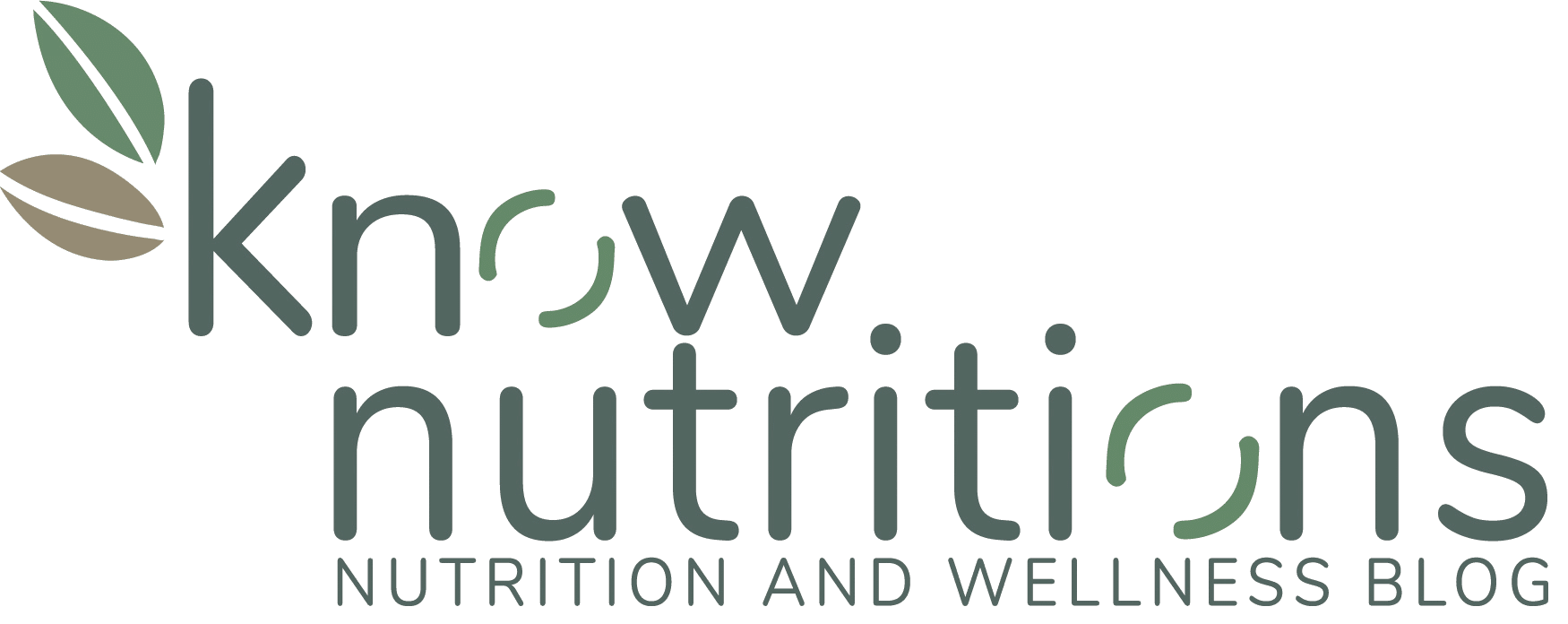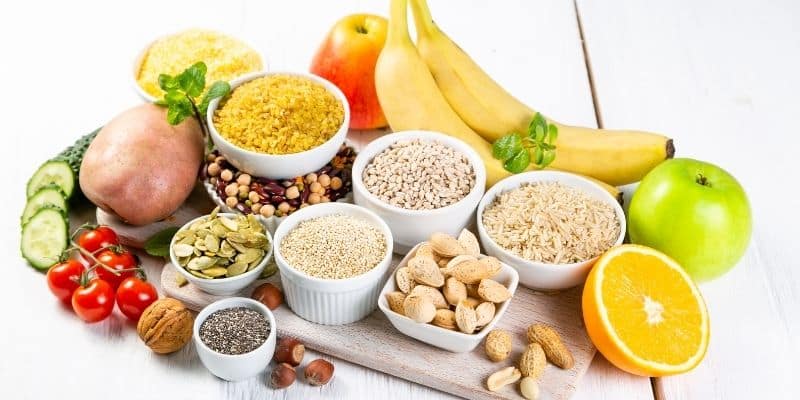Vegetarian Diet for Muscle Gain is possible and highly practical with the proper nutritional strategies. Many athletes and fitness enthusiasts adopt plant-based diets for health benefits and sustainability. This blog will guide you through an in-depth approach to crafting a vegetarian diet tailored for muscle gain, supported by relevant stats, meal suggestions, and expert tips.
Table of Contents
- The Science Behind Muscle Gain on a Vegetarian Diet
- Top High-Protein Vegetarian Foods for Muscle Gain
- Sample High-Protein Vegetarian Meal Plan
- How to Optimize Your Vegetarian Diet for Muscle Gain
- Practical Meal Planning for a Vegetarian Diet for Muscle Gain
- Overcoming Challenges in a Vegetarian Diet for Muscle Gain
- Common Myths About Vegetarian Diets for Muscle Gain
- Final Takeaway
- FAQs
The Science Behind Muscle Gain on a Vegetarian Diet
To successfully build muscle on a vegetarian diet for muscle gain, it’s crucial to understand the fundamentals of nutrition. Proteins, carbohydrates, and fats are essential macronutrients, but their sources require special attention in a plant-based diet. Research indicates that nearly 8% of the global population identifies as vegetarian or vegan, highlighting the growing acceptance of plant-based diets.
Understanding Protein Requirements
Protein is a critical macronutrient for muscle repair and growth. The recommended daily allowance (RDA) for protein is 0.8 grams per kilogram of body weight, but athletes or individuals focusing on muscle gain may need 1.6 to 2.2 grams per kilogram. Incorporating high-protein vegetarian foods like legumes, tofu, and quinoa ensures sufficient intake.
Importance of Complementary Proteins
A vegetarian diet for muscle gain often lacks complete proteins. Combining foods like rice and beans ensures that all essential amino acids are present, which is crucial for maintaining a balanced muscle-building diet.
Role of Micronutrients
Vegetarian diets sometimes miss essential nutrients like iron, zinc, and vitamin B12, which play roles in muscle recovery. Fortified cereals and supplements can help fill these gaps (source).
Global Dietary Guidelines
Dietary guidelines emphasize the importance of plant-based proteins, making it easier for vegetarians to plan meals. As primary protein sources, lentils, chickpeas, and tofu are recommended.
Benefits of a Vegetarian Diet
Research indicates that plant-based diets reduce the risk of chronic diseases like heart disease and diabetes. For those focusing on muscle gain, this means better recovery and long-term health benefits.
Top High-Protein Vegetarian Foods for Muscle Gain
Before diving into the foods, let’s understand their specific roles in supporting muscle-building goals. Here’s a breakdown of the top plant-based protein sources:
Legumes
Lentils, black beans, and chickpeas are staples in a vegetarian diet. A single cup of lentils offers 18 grams of protein, fiber, and iron, which are essential for muscle recovery.
Tofu and Tempeh
These soy-based products are versatile and rich in protein. Tofu contains around 10 grams of protein per 100 grams, making it a perfect addition to stir-fries or salads (source).
Quinoa
Known as a complete protein, quinoa provides 8 grams of protein per cooked cup. It’s an excellent meal base, delivering all nine essential amino acids (source).
Nuts and Seeds
Pumpkin seeds, almonds, and chia seeds are nutrient-dense options. For example, 28 grams of almonds provide 6 grams of protein. Include these as snacks or toppings (source).
Plant-Based Protein Powders
Pea and rice protein powders are excellent supplements. They’re invaluable post-workout when your body needs quick-digesting protein.
Sample High-Protein Vegetarian Meal Plan
To support your muscle-building goals on a vegetarian diet for muscle gain, here’s a balanced meal plan:
| Meal | Dish | Protein Content |
| Breakfast | Overnight oats with almond milk, chia seeds, and blueberries | 15g |
| Snack | Greek yogurt with pumpkin seeds | 12g |
| Lunch | Lentil soup with whole-grain bread | 25g |
| Snack | Apple with almond butter | 8g |
| Dinner | Tofu stir-fry with quinoa and veggies | 30g |
| Total | ~90g |
How to Optimize Your Vegetarian Diet for Muscle Gain
Let’s explore actionable strategies for elevating your vegetarian diet and ensuring it aligns with your muscle-gaining goals. Each step is designed to overcome common challenges faced by vegetarians.
Meal Prep Strategies
Planning meals ensures you hit your macronutrient goals. Batch-cooking lentils, quinoa, and tofu can save time and reduce decision fatigue.
Include High-Calorie Options
Building muscle often requires a caloric surplus. Foods like avocados, nut butter, and olive oil can add healthy calories to your meals.
Leverage Protein Timing
Consuming protein evenly throughout the day maximizes muscle protein synthesis. Include a protein source in every meal and snack.
Use Supplements Wisely
Consider supplements like B12, vitamin D, and omega-3 fatty acids. Protein powders can also help bridge any gaps in your diet.
Stay Consistent with Resistance Training
Diet alone isn’t enough. Pair your vegetarian meal plan with a structured strength-training program for optimal results.
Practical Meal Planning for a Vegetarian Diet for Muscle Gain
Meal planning is a crucial aspect of successfully following a vegetarian diet for muscle gain. By strategically organizing your meals, you can ensure that you meet your protein and caloric needs while enjoying a variety of foods. Here are some tips to help you create an effective meal plan:
Set Clear Goals:
Determine your daily protein and caloric requirements based on your body weight and fitness objectives. Aim for 1.6 to 2.2 grams of protein per kilogram of body weight to support muscle growth.
Incorporate Diverse Protein Sources:
Include a variety of high-protein vegetarian foods in your meal plan, such as legumes, tofu, tempeh, quinoa, nuts, and seeds. This diversity not only helps meet protein needs but also ensures you receive a range of essential nutrients.
Plan Balanced Meals:
Each meal should contain a source of protein along with healthy carbohydrates and fats. For example, pair lentils with brown rice and vegetables or enjoy a tofu stir-fry with quinoa.
Batch Cooking:
Prepare larger quantities of meals in advance to save time during the week. Cooked legumes, grains, and roasted vegetables can be stored in the refrigerator for quick access.
Snacks Matter:
Don’t overlook snacks as opportunities to boost your protein intake. Options like Greek yogurt with nuts or a smoothie with plant-based protein powder can help you reach your daily goals.
By following these meal planning strategies, you can effectively maintain a vegetarian diet for muscle gain that supports your fitness journey.
Overcoming Challenges in a Vegetarian Diet for Muscle Gain
While a vegetarian diet for muscle gain offers numerous benefits, it can also present unique challenges. Understanding these challenges and how to overcome them is essential for success:
Meeting Protein Needs:
One common concern is whether vegetarians can consume enough protein to support muscle growth. The key is to incorporate high-protein vegetarian foods consistently and consider combining different sources to ensure complete protein profiles.
Nutrient Deficiencies:
Vegetarians may face deficiencies in essential nutrients like vitamin B12, iron, and zinc, which are vital for muscle recovery and overall health. To combat this, include fortified foods or consider supplements as needed.
Caloric Surplus:
Building muscle often requires consuming more calories than you burn. This can be challenging on a vegetarian diet if you’re not mindful of high-calorie options like avocados, nut butter, and whole grains.
Social Situations:
Navigating social events or dining out can be difficult when following a vegetarian diet focused on muscle gain. To prepare, research menus in advance and consider bringing your own high-protein snacks to ensure you have suitable options available.
Consistency with Training:
Finally, pairing your dietary efforts with a structured strength-training program is crucial for optimal results. Stay committed to your workout routine while adjusting your diet to align with your muscle-building goals.
By addressing these challenges head-on, you can successfully thrive on a vegetarian diet for muscle gain, achieving both your fitness objectives and maintaining a healthy lifestyle.
Common Myths About Vegetarian Diets for Muscle Gain
Addressing misconceptions about a vegetarian diet for muscle gain can help you embrace this lifestyle:
Myth 1: Vegetarians Can’t Consume Enough Protein
With careful planning, vegetarians can easily meet their protein needs by combining legumes, grains, and nuts.
Myth 2: Plant-Based Proteins Are Inferior
While some plant proteins lack certain amino acids, combining different sources ensures a complete protein profile.
Myth 3: Vegetarians Lack Energy
A well-balanced vegetarian diet provides ample carbs and fats, fueling workouts and recovery.
Myth 4: Supplements Are Mandatory
Supplements can help but aren’t necessary if you eat a varied and nutrient-dense diet.
Myth 5: Muscle Gain Is Slower on a Vegetarian Diet
Many athletes and bodybuilders thrive on vegetarian diets, proving that muscle gain is achievable without meat.
Final Takeaway
A well-planned vegetarian diet for muscle gain is both sustainable and effective. By focusing on high-protein foods and maintaining consistency with your workout routine, you can achieve impressive muscle growth while enjoying the numerous health benefits of a plant-based lifestyle. For personalized advice, consider consulting a registered dietitian who specializes in vegetarian nutrition.
FAQs
Can I build muscle on a vegetarian diet?
Absolutely. Muscle gain is entirely achievable on a vegetarian diet by consuming adequate protein and calories and pairing your diet with resistance training.
What are the best protein sources for vegetarians?
Top protein sources include legumes, tofu, tempeh, quinoa, nuts, seeds, and plant-based protein powders.
How much protein do I need daily?
Aim for 1.6 to 2.2 grams of protein per kilogram of body weight for muscle gain. For example, a 70 kg individual should consume 112-154 grams of protein daily.
Should I take supplements on a vegetarian diet?
While not mandatory, supplements like vitamin B12, vitamin D, and protein powders can help fill potential gaps in your diet.
What are good pre- and post-workout meals?
Pre-workout: A banana with almond butter. Post-workout: A smoothie with pea protein, almond milk, and frozen berries.










